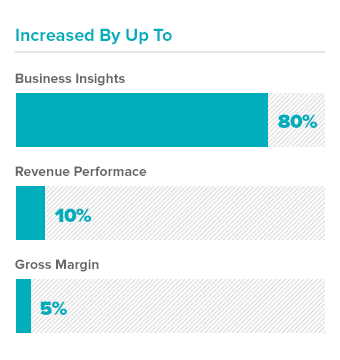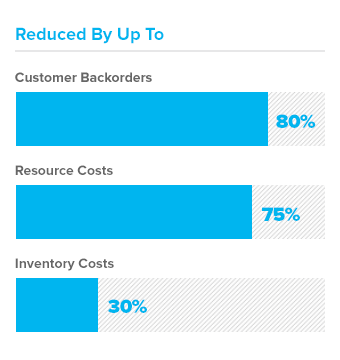NetSuite for Fast-Growing Businesses
Business Software That Grows as Fast as You
You’re all about growth. Your software should be too. With NetSuite, your company will scale effortlessly on a product that’s delivered proven results for more than a decade.
How our customers are doing it
A Single, Unified, Cloud-based Platform
- Financials and Accounting
- Omnichannel Commerce
- Order Management
- Inventory Management
- Sourcing
- Procurement
- Sales & Marketing / CRM
- Warehousing
- Customer Support
Case Studies
DWA
DWA is an advertising agency that delivers data-driven media and marketing services to many of the world’s leading technology companies.
EcoBox
How do you turn a box into a business? Long-time NetSuite customer, EcoBox, shares the story of their journey to build a successful, growing distribution company out of boxes, new and used.
Big Agnes
We all work to grow our companies. But what if the growth overwhelms us? NetSuite wholesale distribution customer, Big Agnes / Honey Stinger, shares this story of exponential growth and the struggles and complexities presented by it.
Outdoor Tech
Taylor Toussaint of Outdoor Tech shares how NetSuite serves as the one stop shop system that enabling their company’s rapid growth.
Buff
Quick thoughts from Tara Hansen of Buff, a multi-functional headwear company and a NetSuite customer. Tara shares her thoughts on the seamless B2B order management capabilities of the NetSuite platform.
Julbo USA
Nick Yardley of performance eyewear company, Julbo USA, discusses NetSuite’s ability to rapidly implement and deliver on the process of a single operating system to run their entire business.
Transformational Results
In a study by SL Associates, NetSuite customers reported stunning improvements in key
performance metrics after switching to NetSuite’s cloud-based software solution.


































